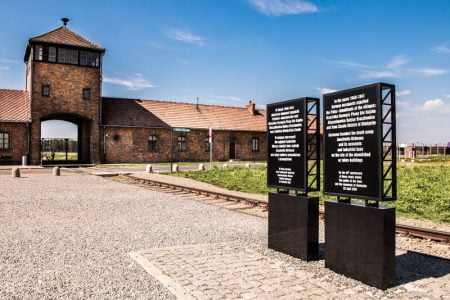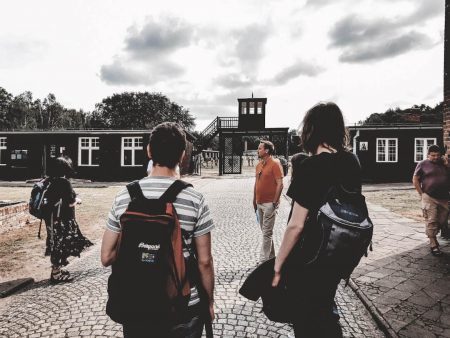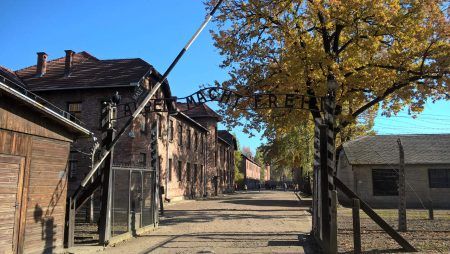What role do guides play in adding value to a visit to Auschwitz?
Understanding Auschwitz
Auschwitz Birkenau concentration camp, located in Poland, represents a somber chapter in history, serving as a grim reminder of the Holocaust and the horrors perpetrated by the Nazis. The site’s historical significance has made it a place of deep reverence and an invaluable educational resource for present and future generations. The magnitude of suffering that occurred within the former nazi concentration camp confines set it apart as a symbol of the Holocaust’s horrors.
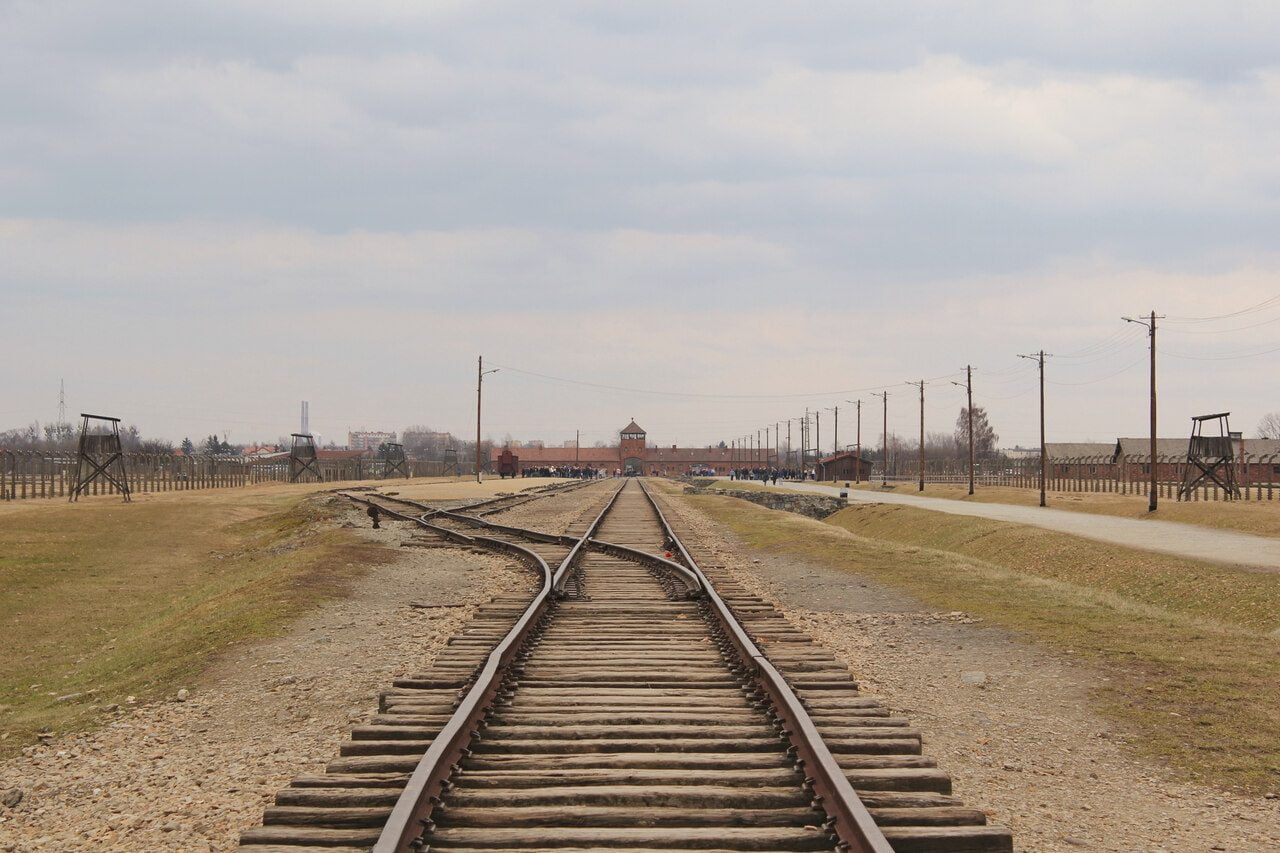
Guides as knowledgeable companions: the perks of guided tour
During your visit to Auschwitz Birkenau Memorial, our guides serve not only as tour guides but also as friendly companions. Their deep knowledge and empathy towards visitors make this experience not just informative but also a comfortable and engaging journey. Auschwitz concentration camp is a unique.
Auschwitz tours: many interesting facts and personal stories
Our guides at Auschwitz are true experts in history, ready to share their knowledge regarding the “death camp” and other insights with you. They understand that many visitors come here with a thirst for learning and understanding. That’s why they aim to make this journey as educational as possible, catering to your individual interests and questions about the former german nazi concentration camp. Auschwitz Museum provides a bunch of visual information, but also other details told by professionals.
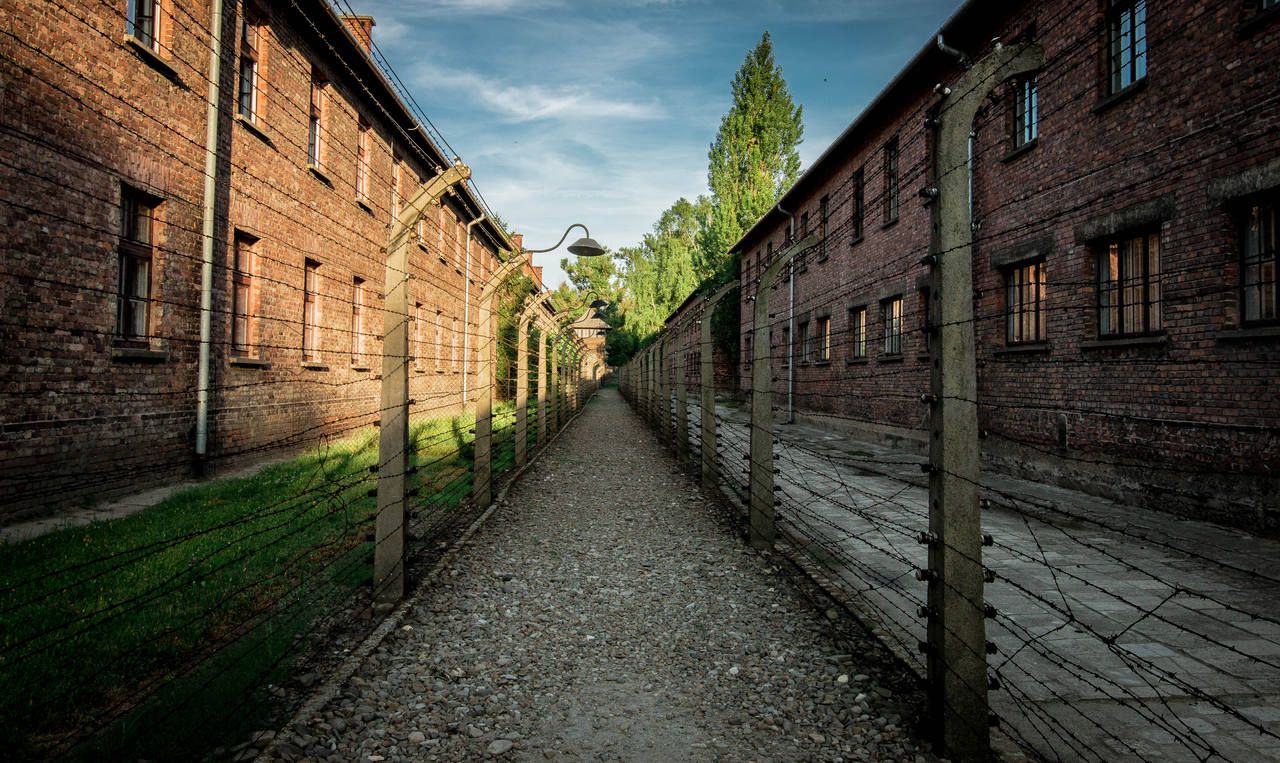
Touching stories and human connections: the camp’s history within your reach
One of the most important aspects of their role is sharing personal stories of survivors and victims. These narratives bring to life the heroism and suffering of the people who once walked these grounds. Listening to these stories together creates a connection between you and those who were once prisoners here. It allows for a more empathetic understanding of history and its impact on us today.
Adapting to Your Needs: private tour, hassle-free day trip and other possibilities
Our Auschwitz guides are also sensitive to the needs and emotions of visitors. They understand that this place can be overwhelming, so they strive to create an atmosphere that is both informative and emotionally supportive. Your comfort and understanding are their priorities.
Exploring the site in your pace
Auschwitz is a vast complex, and it can be overwhelming to explore without guidance. Guides help visitors navigate the various sections of the camp, explaining the purpose and significance of each area. They provide a broader context, helping visitors understand the logistics of the camp and the systematic nature of the atrocities committed here.

A visit to Auschwitz Birkenau is a powerful and emotionally charged experience, made even more meaningful by the presence of knowledgeable guides. Their expertise, storytelling abilities, and dedication to preserving the memory of the Holocaust add immeasurable value to the visit. Auschwitz serves as a testament to the resilience of the human spirit and a warning against the dangers of inhuman approach and prejudice. Guides play a pivotal role in ensuring that this memory endures. They facilitate meaningful discussions and encourage reflection, motivating visitors to actively engage with the history and consider its relevance in today’s world.
